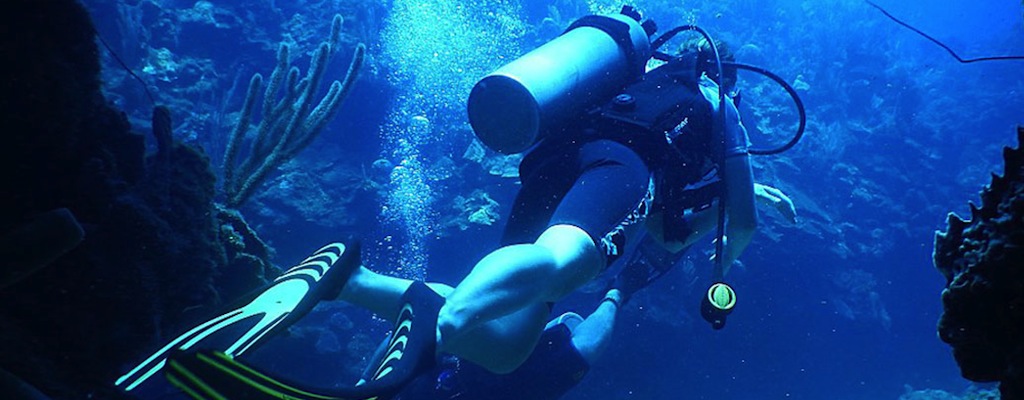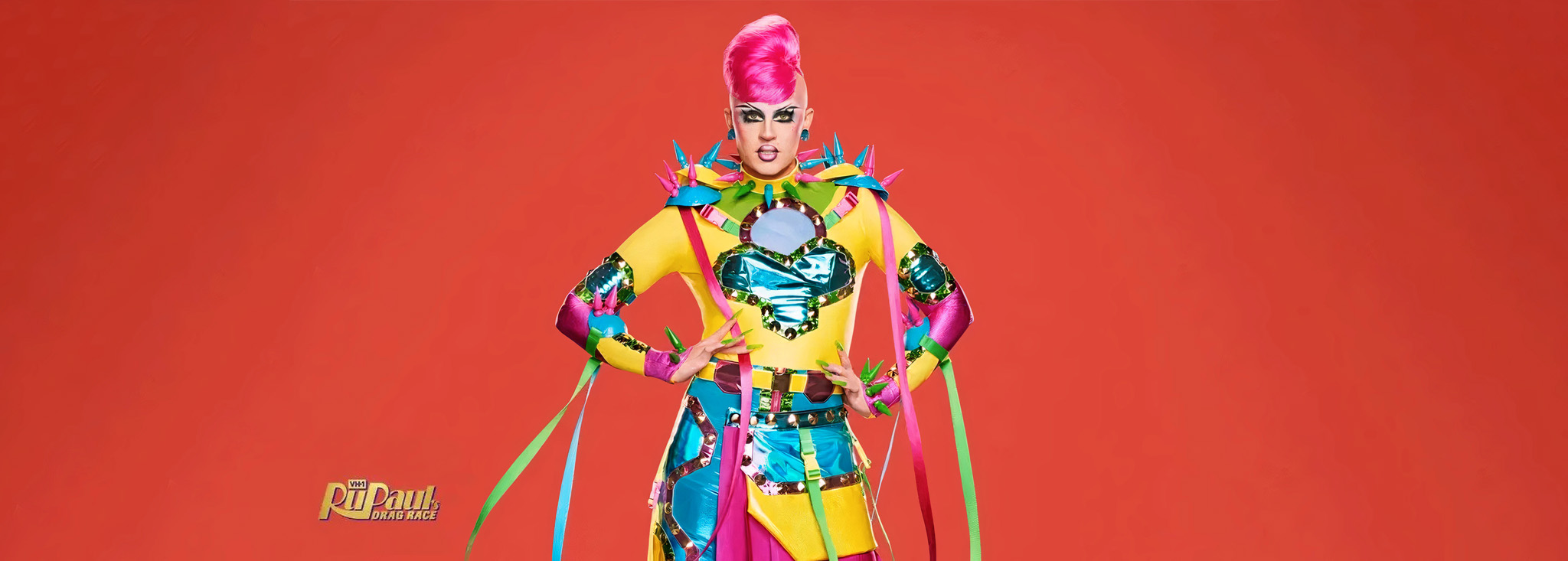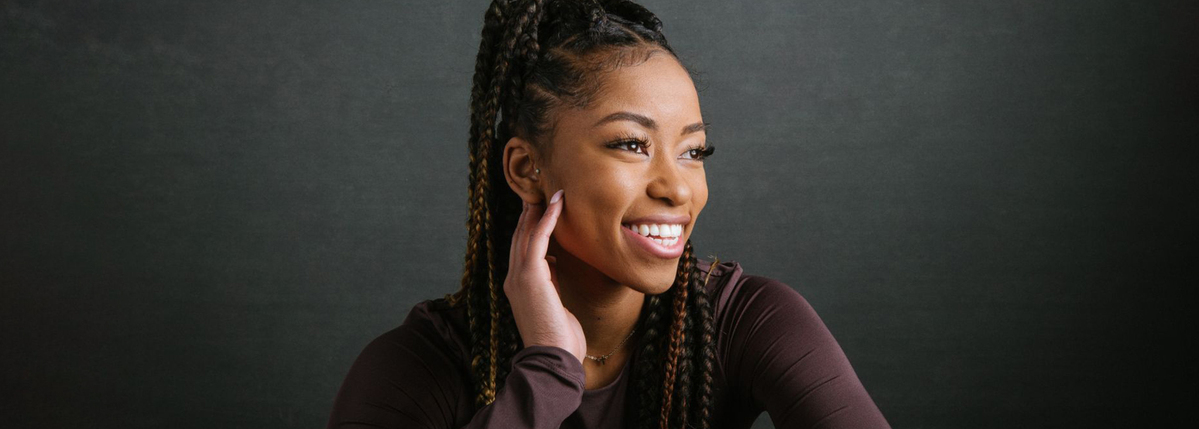Tips for Au Pairs with T1D
Written by: Erika Arff
3 minute read
March 11, 2019
I had met so many Australians during my travels through Europe, that I instantly knew I wanted to go live there after university. My au pair experience is unique in the sense that I already knew the family I was going to be living with, but the advice below is great for anyone with type 1 diabetes (T1D) considering becoming an au pair.
Finding a family
There is a website called www.aupairworld.com and you can input your dream destination! Families around that area will pop up if they are looking for a nanny. You want to take your time and be honest on your profile, as this will decrease chances of miscommunication when you arrive. I always tell people to put that they are type 1 on their profile for two main reasons: 1. It gives the family a head’s up and is something very important to consider but also, you never know what families have children with type 1 diabetes (T1D) who might be looking for a nanny. How amazing would it be to have a family contact you because they know they can wholeheartedly trust you with their children?
Leaving family and loved ones
This gave me a lot of anxiety. My partner is a homebody and didn’t want to join me on my journey. I was also scared my ailing grandparents might not make it through the harsh winter. But I got a lot of anxiety thinking about not following my dreams and not doing the things that mean a lot to me. I worked endlessly with my therapist to not only deal with the idea of moving away, but also what moving back home might feel like. I would suggest doing a lot of self-reflection on this because it was the toughest part for me! I came back for one purpose really—my partner—and I had to work really hard to not resent him because I loved Australia so much and didn’t honestly want to leave.
Traveling with a chronic disease
Although I didn’t feel like I could be as spontaneous as I would have liked, with a bit of extra planning I was able to travel for months on end with no problems. Just like our day-to-day lives, being an au pair requires organization and preparation but it still is manageable. I had my parents ship my supplies over as Omnipod doesn’t ship to Australia, and when I ran out of insulin towards the end, it only cost me $160.00 for a month’s worth of insulin and the prescription. I was able to Skype with my endocrinologist and healthcare team during my travels and they were always available over email if I needed them in between!
Adjusting to your new home/country
One thing I did right off the bat was make sure I made my diabetes known. I checked my blood sugar levels with the girls I was nannying, asked them to help me change my sites, explained to the parents how they can help me in cases of emergencies, and we even went out as a family to pick out my low supplies and foods that I liked to have in my diet. Including the family in these day-to-day tasks not only helped them understand my diabetes, but it also was a really great way to bond when I first joined their household. I was lucky because I was comfortable with the parents already, but for many who are just meeting them for the first time, this is definitely helpful.
The girls I nannied for each chose a special juice for me and some candy. They made me a special box with pictures on it for my “emergency juice.” Building a relationship around the family, yourself and your diabetes is something I always tell people to do right away. At first, going into someone’s fridge and eating what you please can feel totally rude. Like how often do you go into someone’s house, sleep in their beds, eat their food and use their utilities? I remember the first few weeks I always asked if I could eat things out of the fridge. It is a strange concept and one I had to get over quickly. I also made sure to scope out a local pharmacy and ask them how I could get insulin in case of emergency. I made sure to introduce myself to the servers at the beach cafe where I was going to be spending my days so they knew who I was and what my condition was in case I came in unable to communicate with them. These small actions didn’t seem big until I actually had to use them, and I was so grateful that I had taken the time to create a small community around me. If you’re going to a country that doesn’t speak your language, make cue cards with sayings such as “I am diabetic and I need juice or help.” Taking away the communication barrier is extremely helpful in times of need!
Making friends
Shockingly, this one I can’t really comment on. One of the main goals of my adventure was to take a step back from being the social butterfly that I typically am. I purposely didn’t go searching for friends, however being as social as I am, it resulted in me becoming good friends with the people who worked at the cafes and shops I would frequent. There are so many au pairs and people traveling, and there are many Facebook groups created for that reason. A quick Facebook search of your town and “au pair community” will usually result in a bunch of groups created for that purpose. I often found myself making friends with other moms at the park, who had their own au pairs as well. Putting yourself out there is hard, but a simple greeting might result in a new friendship.
Moving to a new country can be difficult and scary, but with enough time for preparation and organization, it can be an exciting transition, Being an au pair was an incredible experience. There were days when I didn’t think I could do it anymore and there were days where I didn’t think I could ever leave. I learned a lot about myself while traveling but also a lot about diabetes! I met people from all around the world because they would see my devices and would come up to chat. So while T1D can make traveling a bit challenging, the outcomes far exceed the obstacles you have to face to get there.
Read more from Erika Arff about Privilege and Type 1 Diabetes.

Author
Erika Arff
Erika Arff is a Canadian health coach who just launched The Confidence Klinik. She has type 1 diabetes (T1D) and wants to support others who live with it, knowing how lonely of a disease it can be. You can find her on Instagram @theconfidenceklinik and @erikaarff and her inbox is always open: [email protected].
Related Resources

It’s unusual to hear of any freebies related to having diabetes, but the United States...
Read more

Access is closer than you think If your knowledge of climbing is through epic photos...
Read more

I love to go on adventures in the outdoors! Having type 1 diabetes (T1D) can...
Read more

